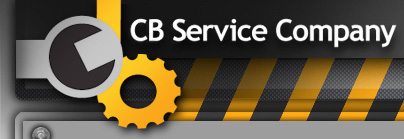FAQ - Plumbing
What is the Plumbing Code?
The plumbing code controls the design and installation of plumbing systems, including sanitary and storm sewers within the building, sanitary waste and vent piping, water supply piping, and potable water heating appliances.
When is a Plumbing Permit required?
A plumbing permit is required prior to beginning any plumbing work with the exception of the following. Repairs that only involve the working parts of a faucet or valve, clearance of stoppages, the repair or replacement of defective faucets or valves, provided that alterations are not made in the existing piping or fixtures. Chilled water piping for refrigeration, process and comfort cooling, hot water piping for space heating, and water piping for fire suppression systems are not considered plumbing. However, an approved backflow preventer, installed and certified by a licensed plumber, is required at the connection to the potable water supply.
Must I be a licensed plumber to obtain a plumbing permit?
A homeowner may obtain a plumbing permit for work to be done by them in their own home. The homeowner must file a homeowner’s affidavit with the application for a plumbing permit. Homeowner’s privileges extend to single family residences only and do not apply to any residence or structure from which a monetary gain (i.e. rent) is being received or is intended to be received or which is being used for commercial purposes. Permits for any work done in a commercial, multi family residential, industrial, or other structure must be obtained by an authorized licensed master plumber.
How can I be sure the plumber I hired is licensed?
Ask the plumber to see his/her license or for his/her license number. Any reputable plumber will be glad to give you this information. You can then check the license by calling the Plumbing Division of the Bureau of Construction Codes at (517) 241-9330. You may inquire if the license is current and if any complaints are pending.
